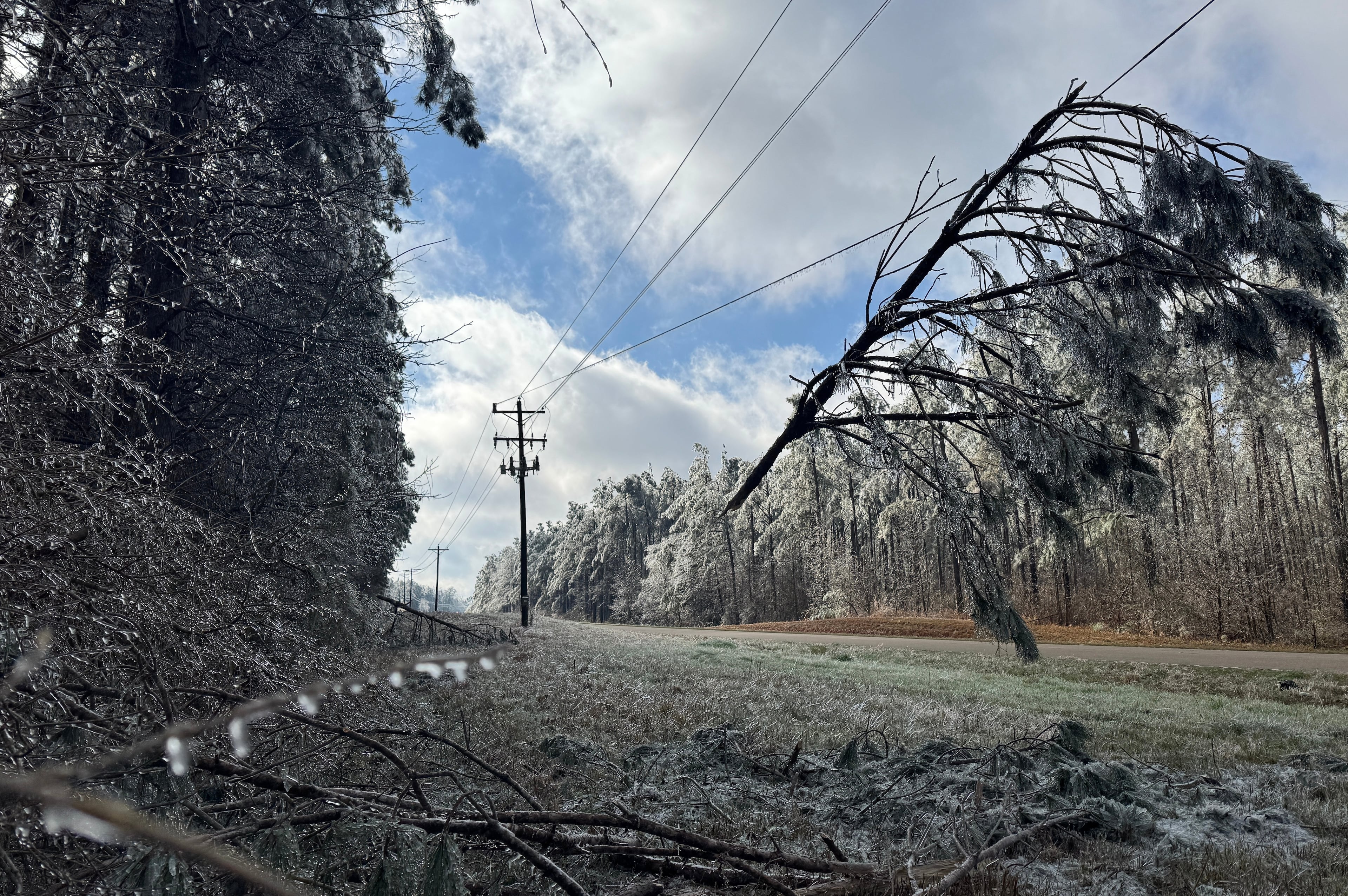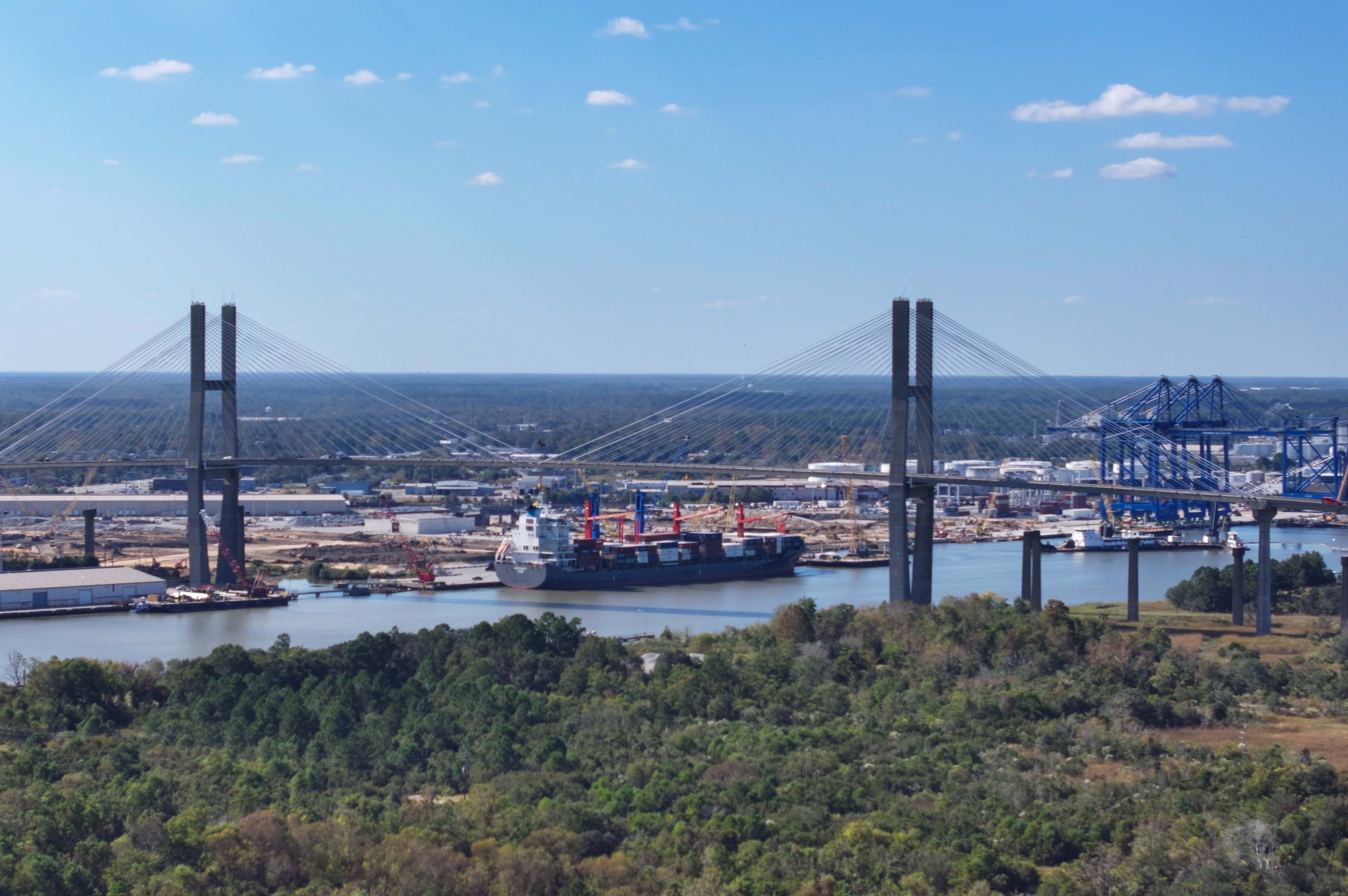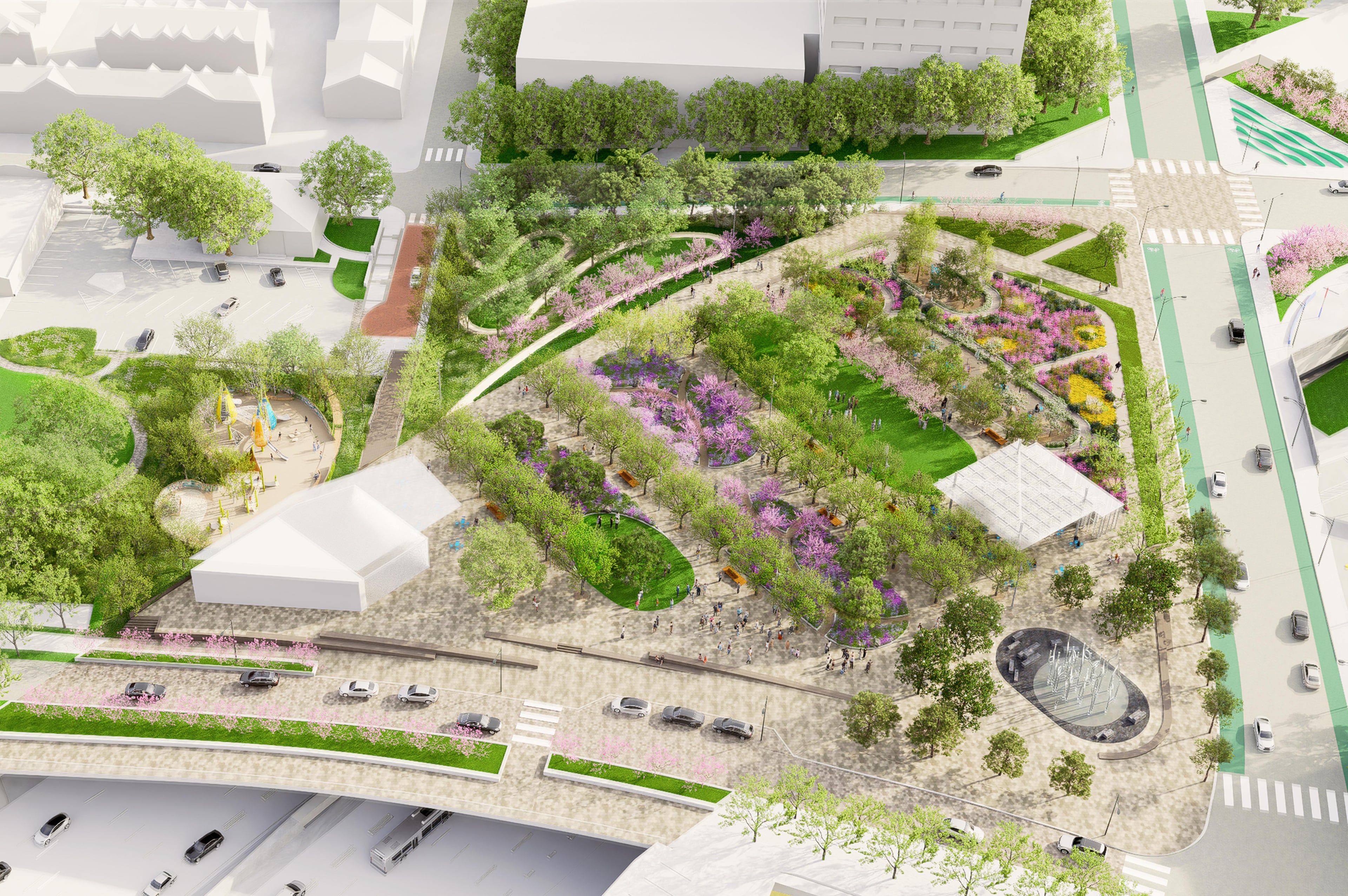Implosion set for hotel that was star of Macon skyline

MACON — The 16-story hotel that pokes this city’s skyline was, for a while, a shimmering touchstone for a midsize Southern town aspiring to new heights. It rose along the Ocmulgee River as one of the tallest buildings visible on the interstate ride between Savannah and Atlanta — a sure draw, developers thought, for business travelers, convention planners and vacationers.
But the hotel never delivered on its promise. Conventioneers failed to flock. Overnight guests proved too few. And low occupancy, coupled with financial woes and mismanagement, doomed Macon’s once-sparkling Hilton, which was designed by architect Morris Lapidus, whose works include the Fontainebleau and the Eden Roc in Miami Beach.
Fifty-four years later, the hull of that Hilton — after going through various lodging incarnations — has decayed into an eyesore. It has sat empty since 2011.
Soon it will be no more.
On New Year’s Day, the 307-room structure will be demolished, felled by dynamite blasts. Its implosion comes in the name of progress, to make way for a reborn downtown that has blossomed despite the hotel’s looming emptiness.

Opened in 1970, “the old Hilton,” as it often is referred to locally, was seen as a calling card for a city on the come. A brand-new entertainment venue, the Macon Coliseum, had opened across the Ocmulgee River in late 1968, and the city lay at the junction of the recently constructed I-75 and I-16. Macon sat poised at the crossroads of Georgia, open for business.
The hotel’s arrival, however, coincided with a mass retail-business exodus from downtown in the early and middle 1970s. A new mall, the largest in the region, was built across town to the west near I-475, a bypass for north-south motorists, and the budget motels that sprang up there siphoned off at least some of the Hilton’s potential guests.
In the early 1970s, the hotel on occasion lodged the celebrity likes of Elvis Presley and the Jackson 5, featuring then-12-year-old Michael Jackson, as the respective acts toured the East Coast. But it wasn’t long before the hotel became anything but Macon’s business address. Roof leaks, peeling paint, 50% occupancy rates, reports of prostitution and ownership swaps that went bust contributed to its failing.
While demolition crews were gutting the place in mid-December, a walk through the dilapidated hotel’s bowels revealed cracked subflooring and pooled water in its basement. It was like touring a shipwreck. Though some locals suggested restoring it for housing, the structure isn’t suitable for that, officials have said, noting that the costs wouldn’t be feasible.
For now, there is no official word on what might replace the hotel, which Bibb County acquired in the past year for about $4.5 million in the wake of bankruptcy proceedings. But there is strong speculation that a similar-sized hotel with convention space might go up on the same site, and soon.
“I don’t think our skyline’s going to be very void for very long,” Macon Mayor Lester Miller says. “I can assure you that what will replace it will bring more memories. … It will be much-upgraded.”

Miller, who spearheaded efforts to build the city’s new amphitheater, refers to the old Hilton as an “albatross” that has stood in the way of downtown expansion toward the Ocmulgee. He says it has, at least in part, prevented riverfront development, standing dormant on a prime tract three blocks from City Hall.
“No one is going to build a $300 or $400 million project on the river with this (defunct hotel) next door,” Miller says.
Such a project will probably be unveiled in the next few months, he says.
Alex Morrison, executive director of the Macon-Bibb County Urban Development Authority, was on hand in recent weeks for a tour of the hotel’s demolition preparation.
Morrison, himself instrumental in downtown’s rebound, acknowledges the nostalgia for the old Hilton as it meets the wrecking ball.
“It was an idea well before its time.” he says. “It was kind of coming in when they were trying to keep downtown viable when the national economy was saying that it wasn’t happening. But now that’s all flipped.”




